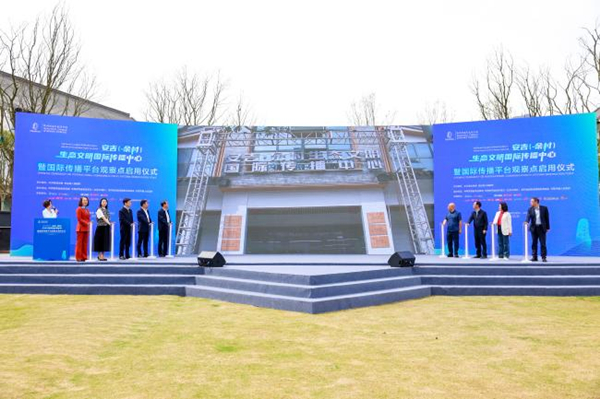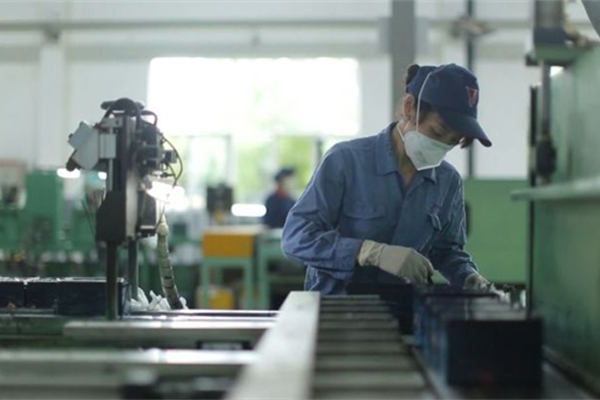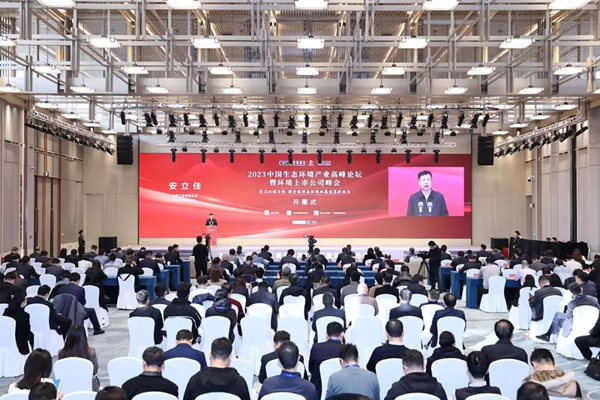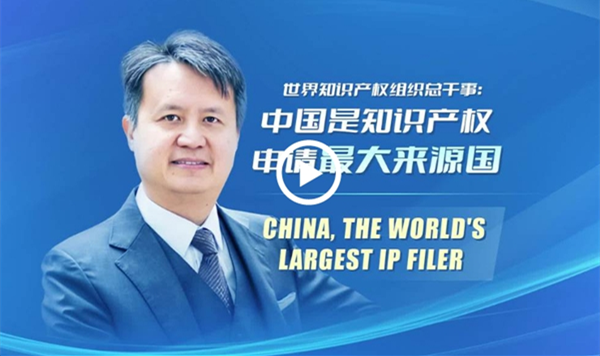Singles Day presale frenzy reveals China's consumption vitality
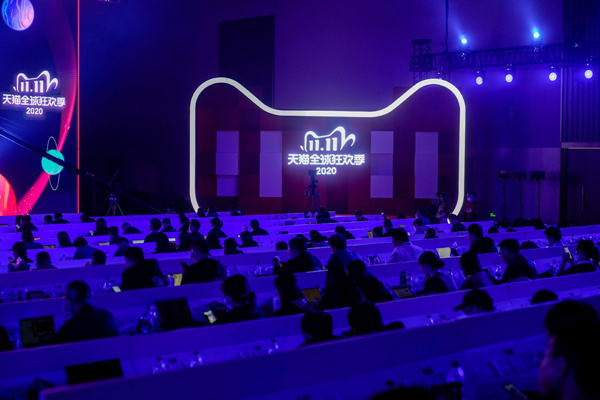
Members of the media attend the Alibaba Group's 11.11 Singles Day global shopping festival at a media center in Hangzhou, Zhejiang province, November 10, 2020. [Photo/Agencies]
HANGZHOU -- Resisting live-streaming celebrities' sales promotion seems to be hard for millions of Chinese consumers as this year's Singles Day shopping kickstarted with banging presales.
A resident from Hangzhou, capital of East China's Zhejiang province, surnamed Luo said she was "sober" in the first hour after the presales started until she joined a livestream studio on the e-commerce platform Taobao.
"I tried to stay rational, but soon my online shopping cart was stuffed with cosmetics, daily necessities and pet supplies," Luo said.
Luo is one of the shopaholics rushing to place deposits for pre-sale products as buying through live streaming has become a trend in China.
Last Wednesday, a live session of Li Jiaqi, a well-known e-commerce streamer with the moniker "king of lipstick," was watched by 249 million buyers and sold over 10.65 billion yuan (about $1.67 billion) of goods at the start of the "presales day" of this year's shopping festival, also known as the Double Eleven.
The Singles Day shopping festival, a trend first started by Alibaba's e-commerce platform on Nov 11 in 2009, has become one of the largest online shopping sprees worldwide that can serve as a barometer for China's consumer confidence.
While the country is fighting against the resurgence of COVID-19, analysts believe that the consumer demand will not be dampened, thanks to the evolving digital technology, supporting policies and rising consumer confidence.
Double Eleven at the door
Presales for the Double Eleven shopping festival began earlier this year, as major e-commerce platforms kicked off the event at 8 pm on Oct 20, four hours in advance than the previous years, to better cater to the growing demand from consumers.
"I'm glad that I don't have to stay up late till midnight for the flash sale," said Wang Yuanyuan, a mother of two children, who spent at least two hours selecting milk powder and diapers browsing through various online shops.
In the "extra" four hours, e-commerce giant JD.com saw the number of users who placed orders expand 40 percent from the entire "presales day" last year, while many brands also scored big in the shopping extravaganza.
This year marks the largest Singles Day shopping carnival on Tmall, with a record 290,000 brands participating and more than 14 million varieties of commodities offering discounts, according to the company.
E-commerce platforms have striven to meet different demands and come up with new models of sales promotion.
"During the shopping spree, novelty seekers can see new brands spawning, while some of the country's time-honored brands will also glitter with new vitality," said Chris Tung, chief marketing officer at Alibaba Group.
Tung noted that Tmall will issue 100 million yuan of green vouchers, encouraging consumers to buy energy-efficient home appliances and products with "green" certification to promote consumption and support the country's carbon reduction goals.
JD.com has also joined the "low carbon" actions, developing recycling packaging, deploying new-energy logistics cargo vans and using photovoltaic power generation in warehousing.
Double Eleven is no longer just a simple consumption carnival but a platform for enterprises to reveal understandings of "better life" as well, said Tung. According to industry insiders, advocating green consumption has become a consensus of many e-commerce platforms.
Power of private consumption
This year's Singles Day shopping spree will come as a shot in the arm for China's consumer market, which is already on the mend, said Fu Yifu, a senior researcher at Suning Institute of Finance.
Official data showed that retail sales of consumer goods, a pivotal part of the internal economic circulation, went up 16.4 percent year-on-year in the first three quarters this year, with online retail sales surging 18.5 percent.
Consumption will perk up for the rest of the year bolstered by the improved consumer confidence and supporting policies, said Fu.
China's private consumption is expected to more than double to about $13 trillion by 2030, matching the size of the current US market, according to a research report by Morgan Stanley.
The growth will mainly be driven by China's "dual circulation" development paradigm, the policy of narrowing the development gap, and the world's leading digitalization, said Xing Ziqiang, the company's chief economist.
Consumption is making more and more contributions to the country's economic growth, said Wang Wei, a research fellow with the Development Research Center of the State Council, adding that efforts should be made to accelerate the innovation of consumption patterns, scenes and products.
Wang Bin, an official with the Ministry of Commerce, noted that the country would take multiple measures to accelerate the development of new consumption.
China will promote the healthy and sustainable development of live-streaming e-commerce and cross-border e-commerce, as well as make full use of international expo platforms such as China International Import Expo and China Import and Export Fair to expand import consumption, Wang said.
Having become the biggest growth driver of China's economy for several years, consumption will continue to inject impetus into the economy in the future, said Hu Qimu, chief researcher of Tianyi Digital Economy Institute.


